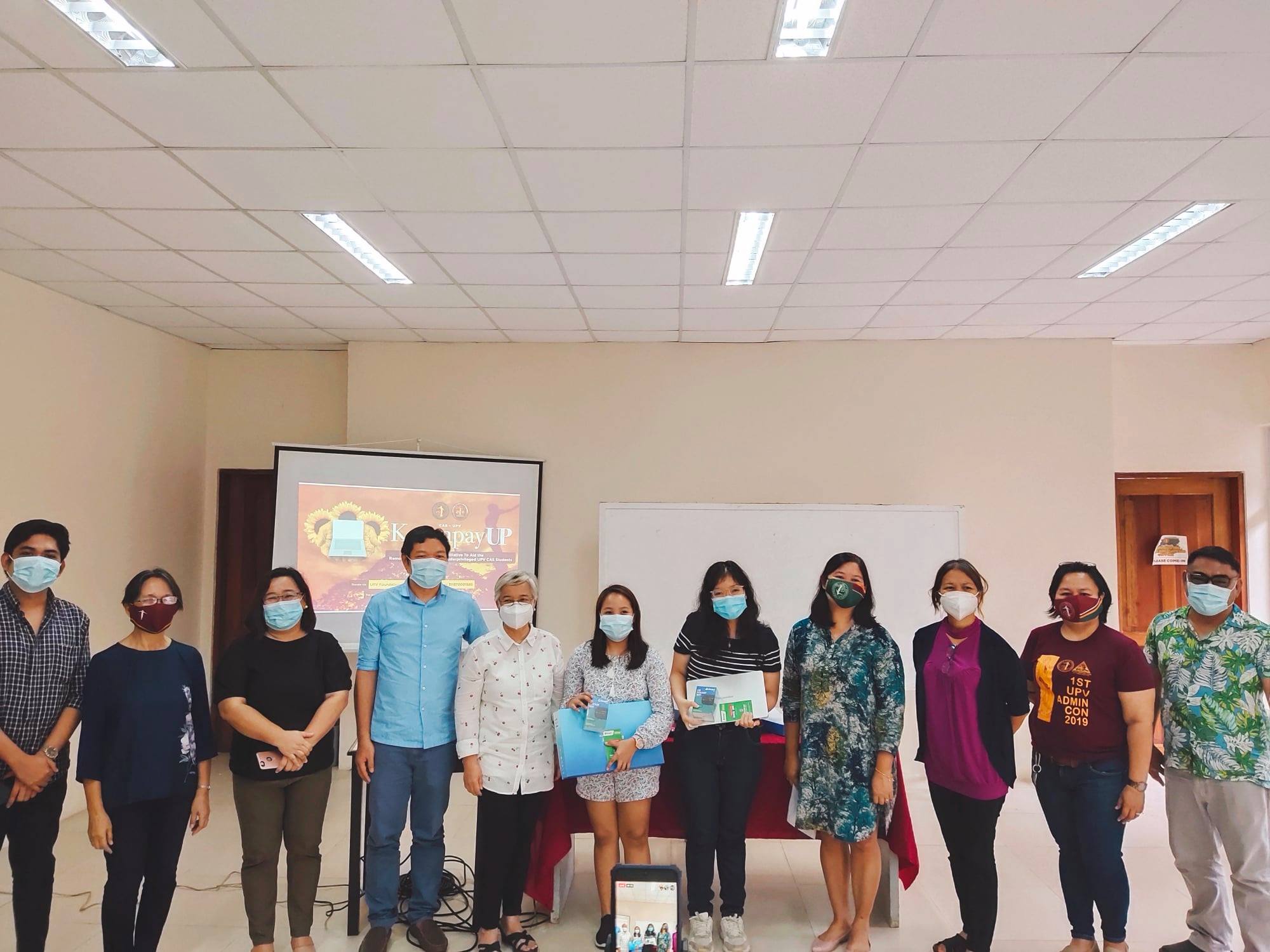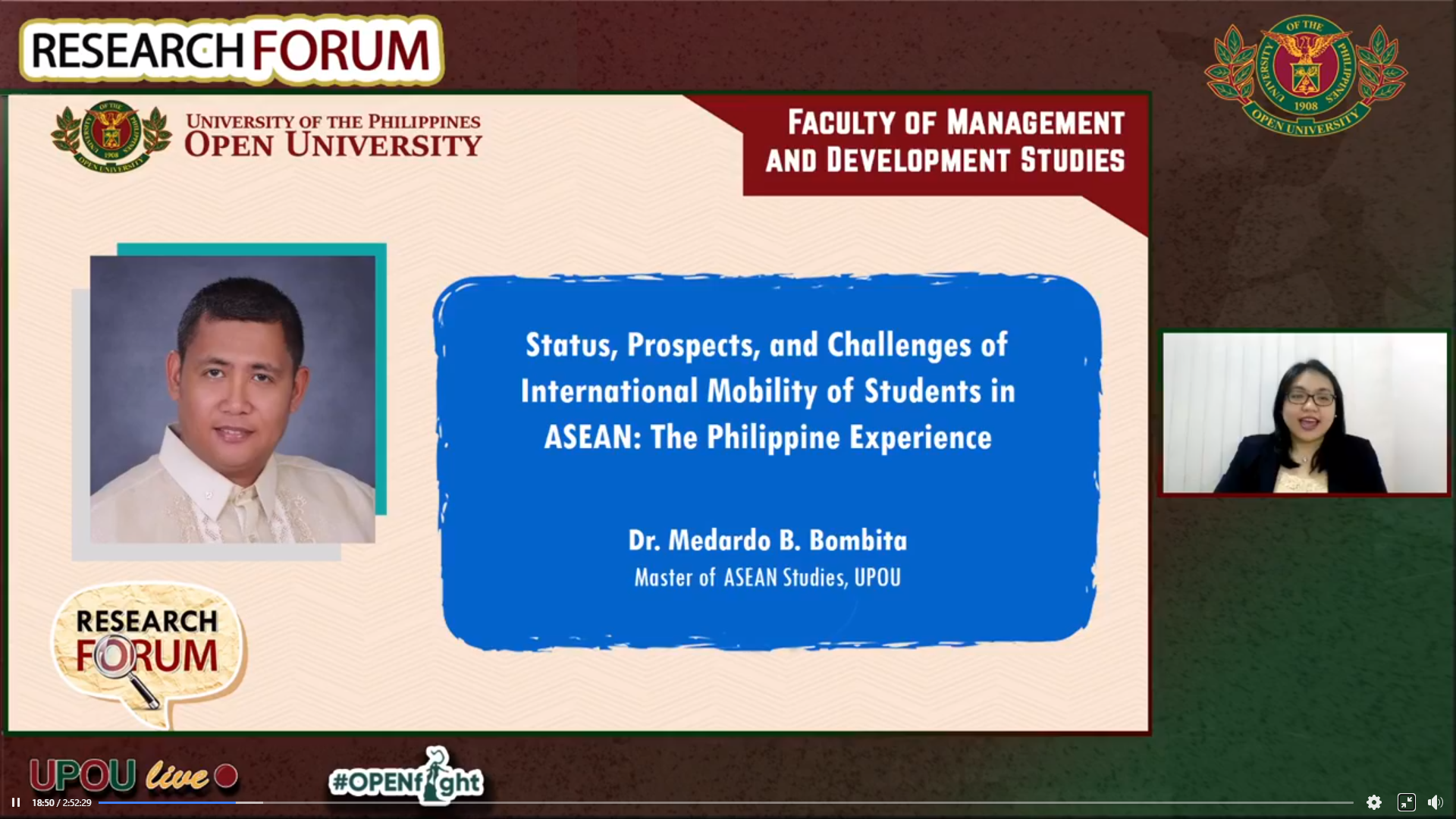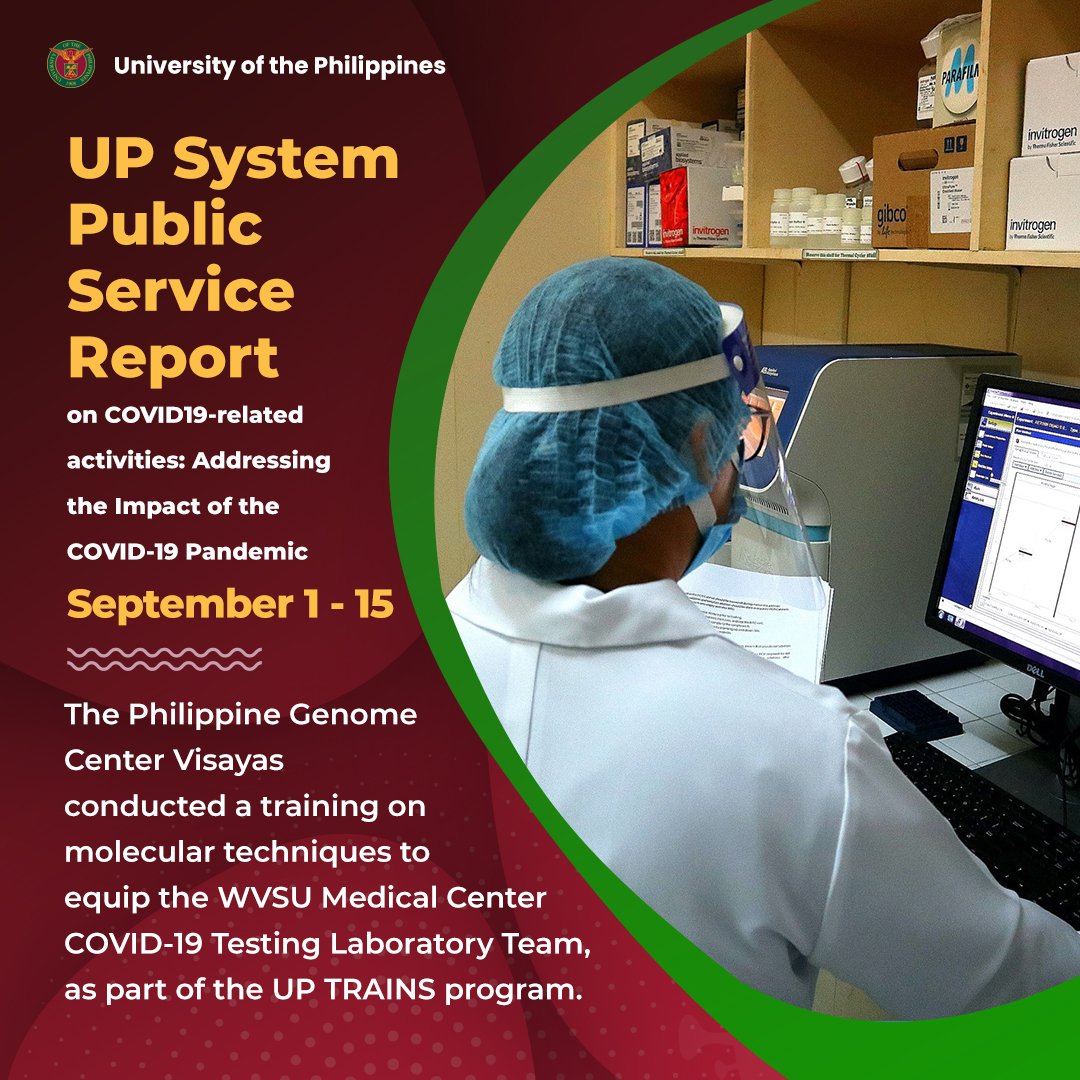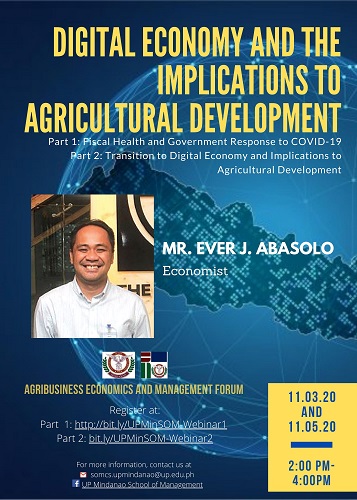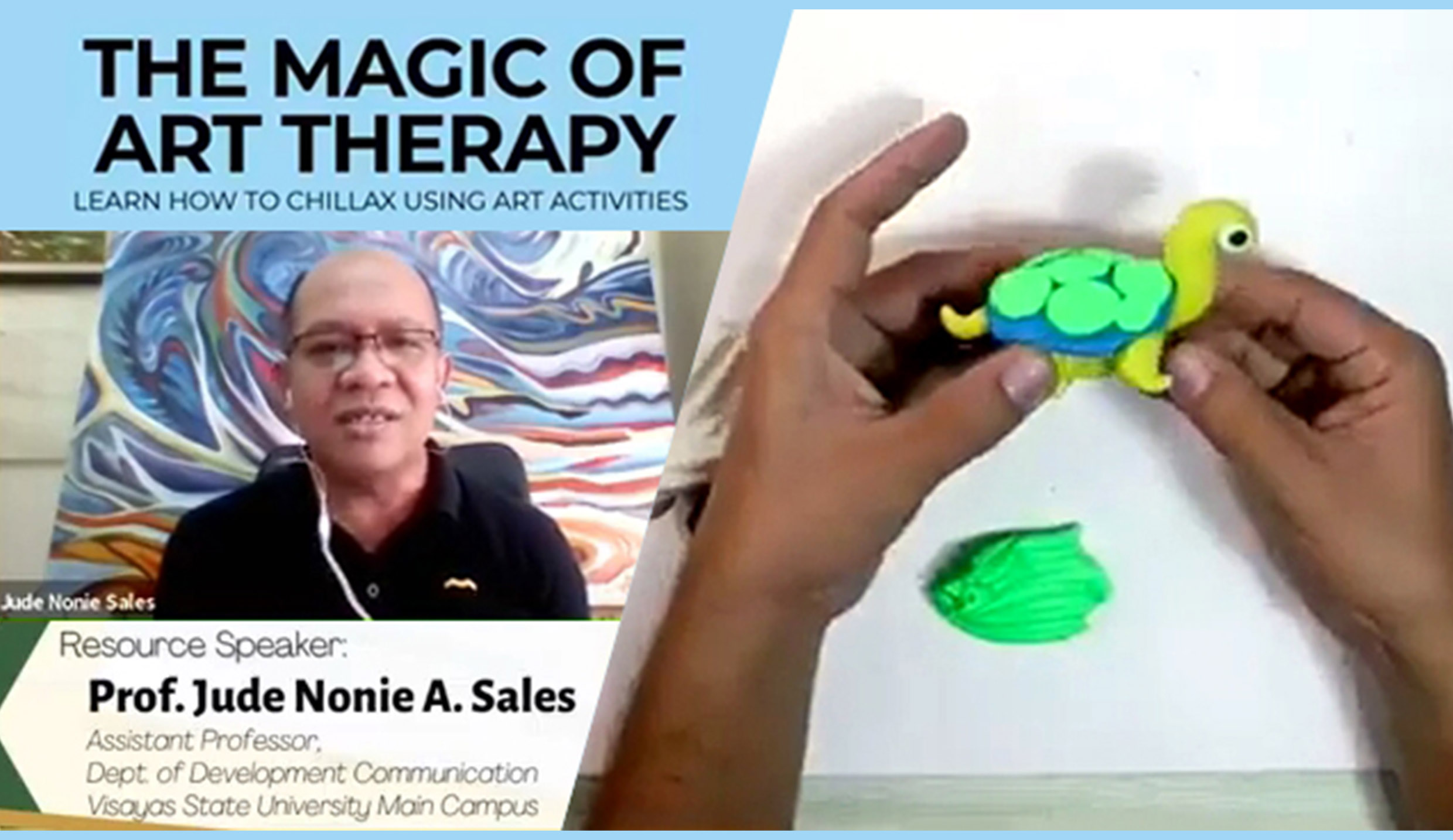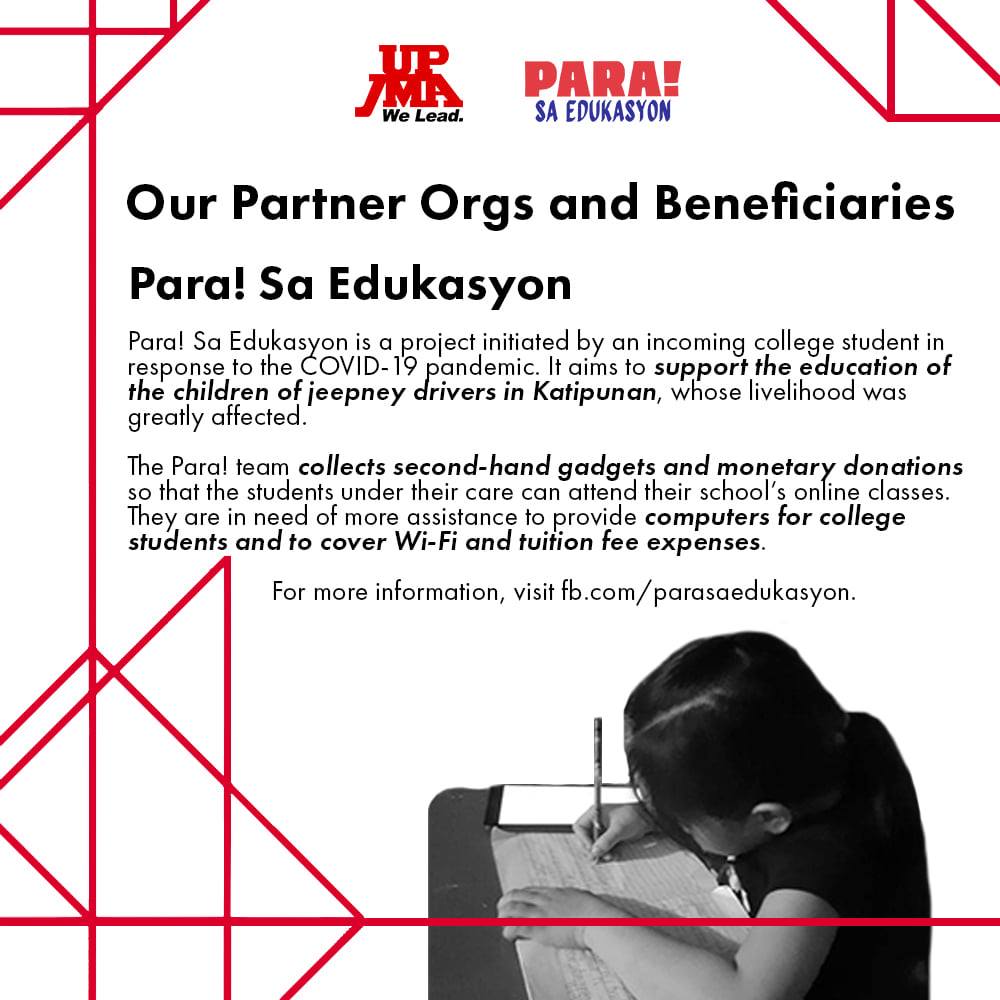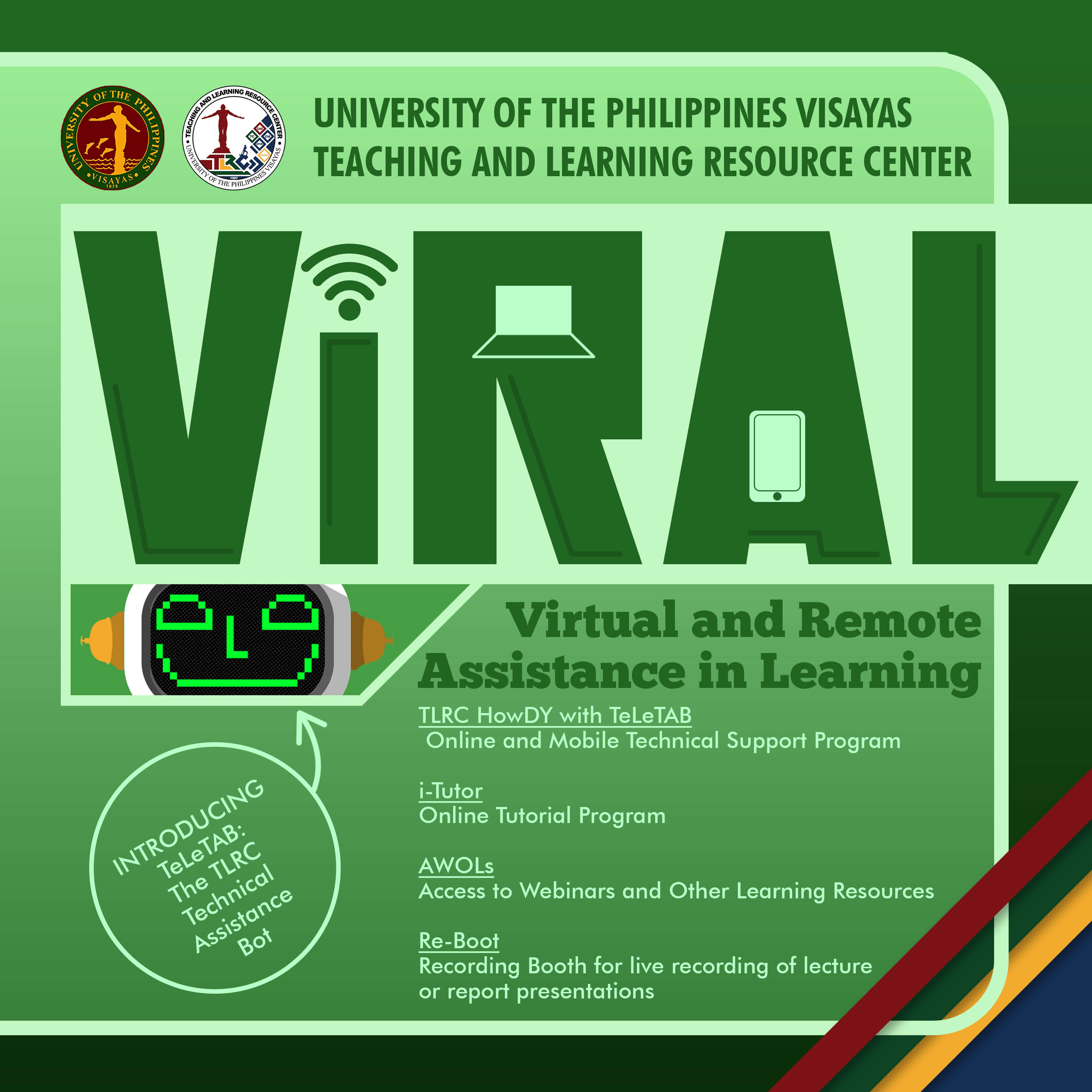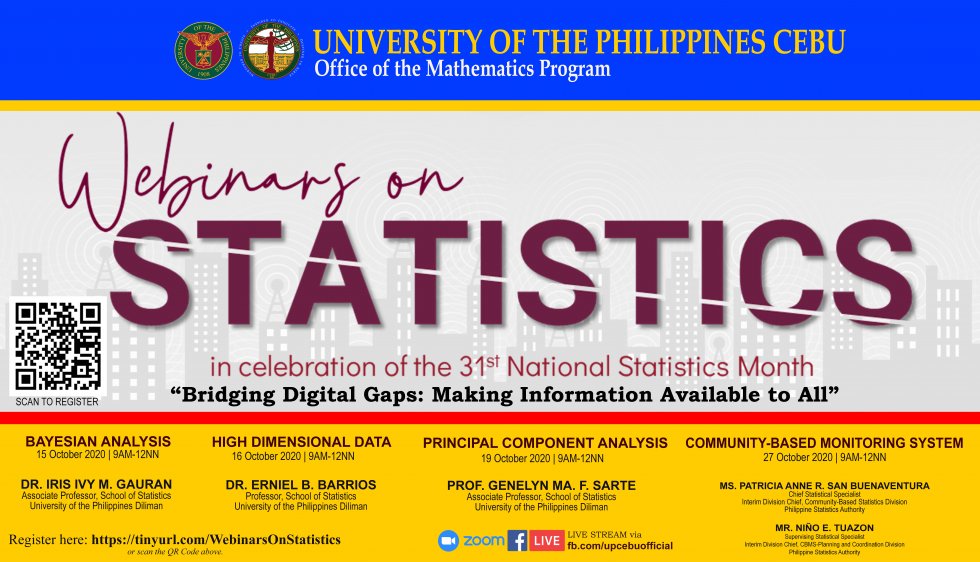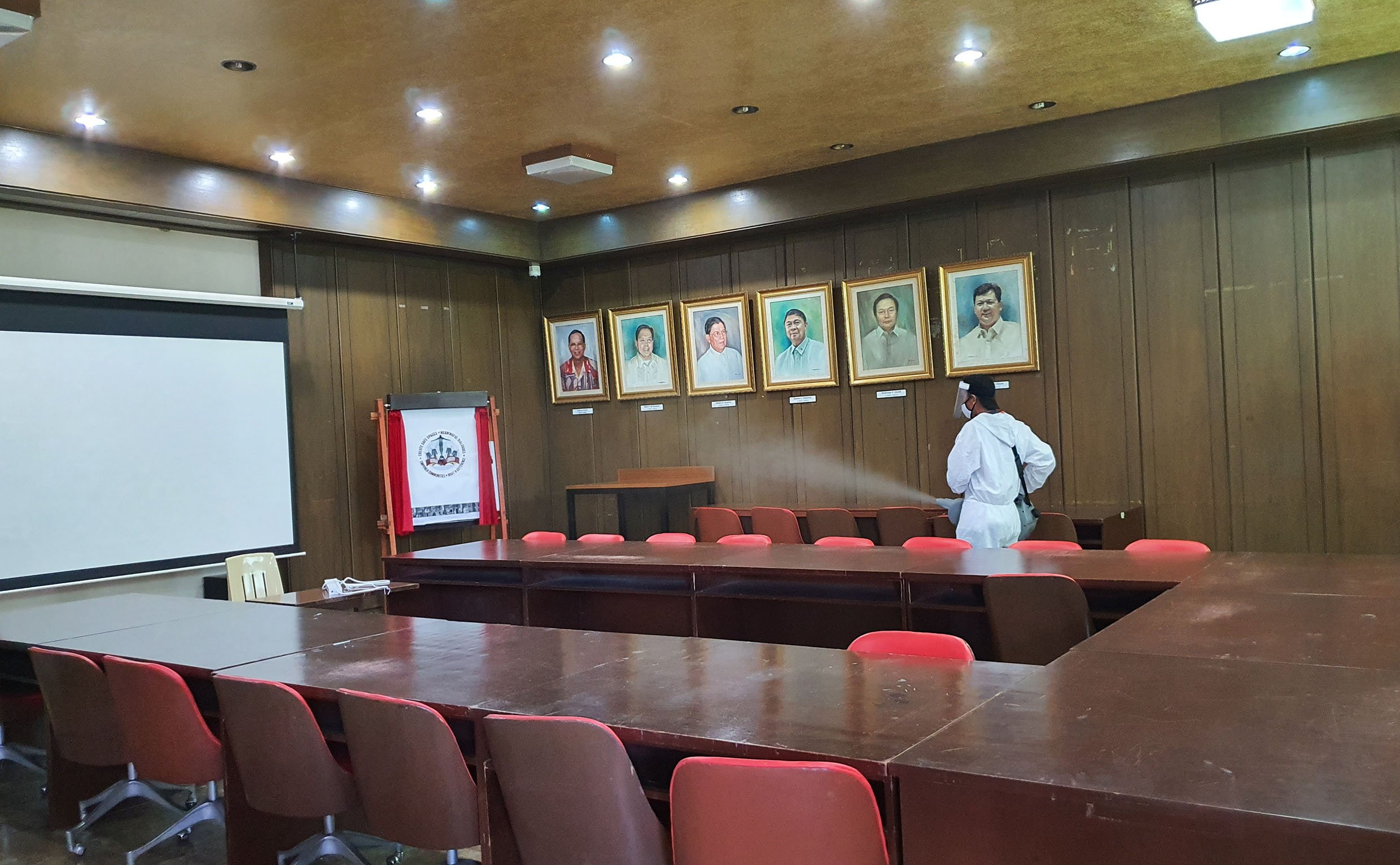Two students of the UPV College of Arts and Sciences were the initial recipients of laptops with WiFi connectivity during a simple ceremony held at the Iloilo City campus today, October 30, 2020.
Carlyn Grace P. Ausmolo, and Pia Anne Marie S. Apsay, 2nd year and 3rd year BA Community Development, respectively, received the laptops from CAS Dean Ma. Severa Fe Katalbas and Associate Dean Nilo Araneta. The laptops were generated by the UPV-CAS Kaagapay Committee.

